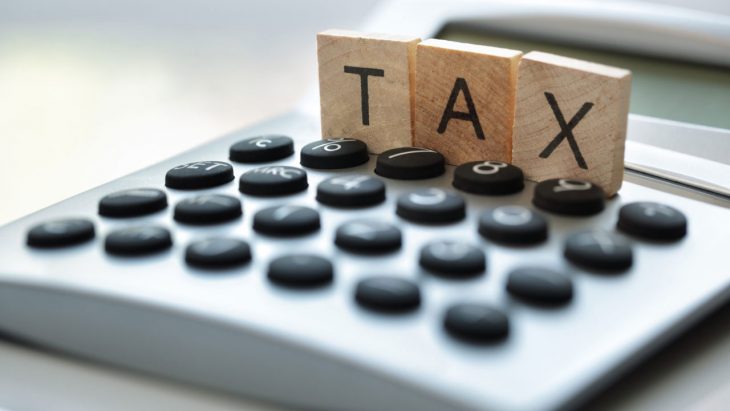With the due date of filing the income tax return (ITR) for the financial year 2020-21 inching closer, the Income Tax department has been issuing reminders to taxpayers through various platforms such as SMS, emails, social media and more.
“Hope you know that ITR is an important document for any loan processing. So, why delay? File your ITR today! Due date for filing Income Tax Return for AY 2021-22 is 31st December, 2021,” the income tax department said in a tweet.
Failing to file an ITR can attract a penalty of up to Rs 5,000.
Due date of filing ITR:
The Central Board of Direct Taxes (CBDT) extended the deadline for filing of ITRs from September 30, 2021, to December 31, 2021.
Generally, the deadline for filing of ITRs is on July 31 each year. However, this year, the due date has been extended twice due to a number of technical issues with the new ITR portal.
Here’s a list of documents required to file ITR:
– Form 16:
It is a key document for filing the ITR for all salaried people. It is issued by an employer to its employees and is a mandatory document. Form 16 is a tax deducted at source (TDS) certificate and carries the details of the salary paid to the employee and their respective TDS details.
– Interest income certificates:
The interest income certificate provides details regarding the amount of interest received in a financial year for the fixed deposits (FDs) and saving accounts. The certificate can be downloaded through net banking at the end of the financial year.
– Investment proof for tax saving:
Employees who were unable to submit their actual tax-saving investment proof to their HR/Accounts department during the given time period in the previous financial year, have to declare and submit the same directly to the I-T Department for claiming tax deductions.
These include receipt of life insurance (LIC) premium paid, receipt of medical insurance, donation paid receipt, tuition fee paid receipt etc.
The maximum amount that can be claimed under Section 80C is Rs 1.5 lakh, while an individual can claim a deduction of Rs 25,000 under section 80D on insurance for self, spouse and dependent children. In addition to this, a deduction for insurance for parents is available, up to Rs 25,000, if they are less than 60 years of age. If the parents are aged above 60, the deduction amount is Rs 50,000.
– Form 26AS:
Form 26AS, also known as the annual consolidated statement, is an important document that contains all tax-related information of the taxpayer including TDS (tax deduction at source), advance tax, etc. The document can be downloaded from the new I-T portal.
Apart from these documents, salary slips, Aadhaar cards and PAN cards are also required while filing the income tax returns.




Leave a Reply